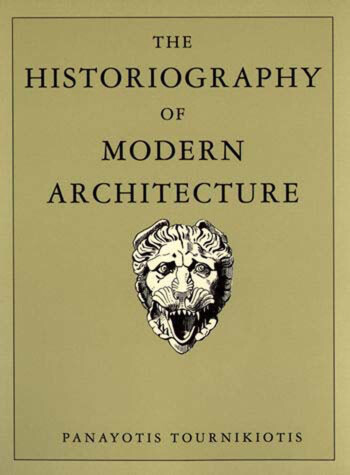The MIT Press
1 total work
Writing, according to Panayotis Tournikiotis, has always exerted a powerful influence on architecture. Indeed, the study of modern architecture cannot be separated from a fascination with the texts that have tried to explain the idea of a new architecture in a new society. During the last forty years, the question of the relationship of architecture to its history—of buildings to books—has been one of the most important themes in debates about the course of modern architecture.
Tournikiotis argues that the history of modern architecture tends to be written from the present, projecting back onto the past our current concerns, so that the "beginning" of the story really functions as a "representation" of its end. In this book the buildings are the quotations, while the texts are the structure.
Tournikiotis focuses on a group of books by major historians of the twentieth century: Nikolaus Pevsner, Emil Kaufmann, Sigfried Giedion, Bruno Zevi, Leonardo Benevolo, Henry-Russell Hitchcock, Reyner Banham, Peter Collins, and Manfredo Tafuri. In examining these writers' thoughts, he draws on concepts from critical theory, relating architecture to broader historical models.
